Asia/China/Noviembre de 2016/Autor: Roger Decierdo/Fuente: Yibada
RESUMEN: Las autoridades educativas de China han anunciado que las escuelas privadas no podrán impartir cursos de primaria y secundaria si no son entidades sin fines de lucro. En una nueva ley aprobada por el Comité Permanente del Congreso Nacional del Pueblo en Beijing el lunes, las escuelas privadas con fines de lucro no podrán establecer programas de educación para los grados 1 al 9 a menos que cambien su estatus y se vuelvan a registrar como escuelas sin fines de lucro, Informó Reuters. El Ministerio de Educación dijo que las nuevas regulaciones son vitales para mantener el sistema de educación primaria y secundaria del país accesible al público. Los primeros nueve grados de escolaridad, seis años de primaria y tres años de secundaria son gratuitos y obligatorios en China. Con el gobierno siendo el proveedor principal. Zhu Zhiwen, Viceministro de Educación, también dijo que las escuelas con fines de lucro son contrarias a los objetivos de la educación básica gratuita. Para que se les permita a las escuelas privadas proporcionar servicios educativos para los niveles de primaria y secundaria, se les exigirá que pasen de ser entidades con fines de lucro a entidades sin fines de lucro. Una vez que una escuela ha cambiado su estado de registro, se restringirá en cuánto beneficio puede ganar, con la mayor parte de ser devuelto a los gastos operativos, informó el Asia Times.
China’s education authorities have announced that private schools will not be allowed to provide primary and junior high school courses unless they are non-profit entities.
In a new law passed by the National People’s Congress Standing Committee in Beijing on Monday, private for-profit schools will not be allowed to establish education programs for grades 1 to 9 unless they change their status and re-register as non-profit schools, Reuters reported.
The Education Ministry said that the new regulations are vital in keeping the country’s primary and secondary education system accessible to the public. The first nine grades of schooling, six years of elementary and three years of junior high is free and compulsory in China. With the government being the main provider.
Zhu Zhiwen, Vice-Minister for Education, also said that for-profit schools run contrary to the goals of free basic education.
The Chinese government has, in recent years, eased the restrictions to meet growing demands and provide students with as many options possible.
However, due to loose regulations, the tuition fees in these private schools have increased significantly, making them less accessible to students. The quality of education provided by the schools has also come into question due to varying standards.
For private schools to be allowed to provide education services for both the elementary and junior high levels, they will be required to their status from for-profit entities to non-profit ones. Once a school has changed its registration status, it will be restricted in how much profit it can earn, with most of it being returned to operating expenditures, the Asia Times reported.
However, the ministry clarified that private schools are still allowed to get profits from other grade levels. Schools are expected to complete their registration before the opening of the next academic year in Sept. 2017.
The new law is expected to affect more than 162,700 private schools and 45.7 million students around the country.
Fuente: http://en.yibada.com/articles/172775/20161112/chinese-private-schools-allowed-provide-basic-education-profit-china.htm
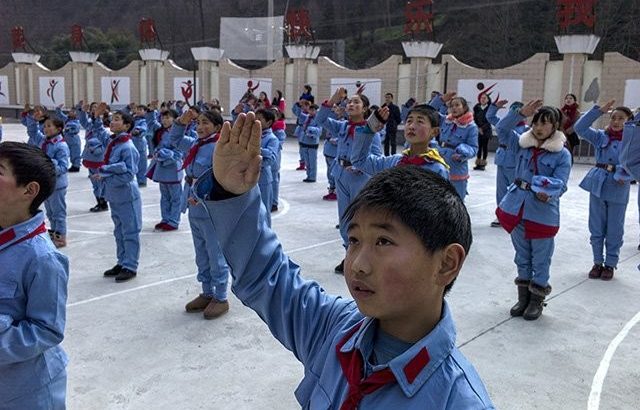
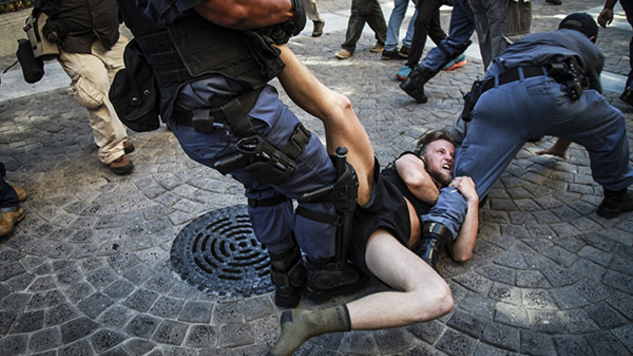

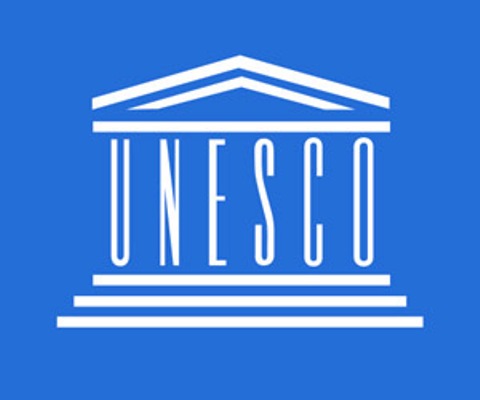
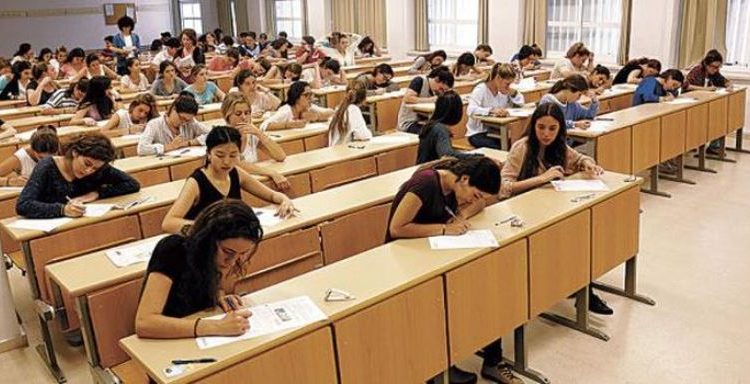
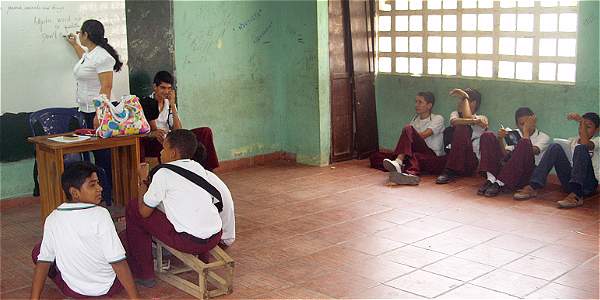
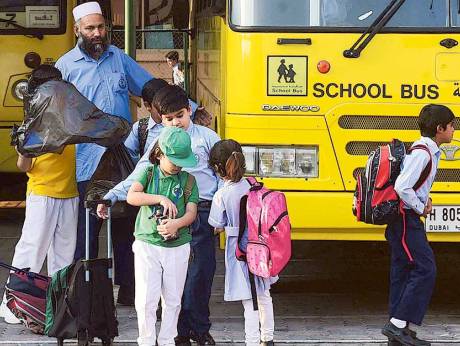






 Users Today : 16
Users Today : 16 Total Users : 35460965
Total Users : 35460965 Views Today : 51
Views Today : 51 Total views : 3420431
Total views : 3420431